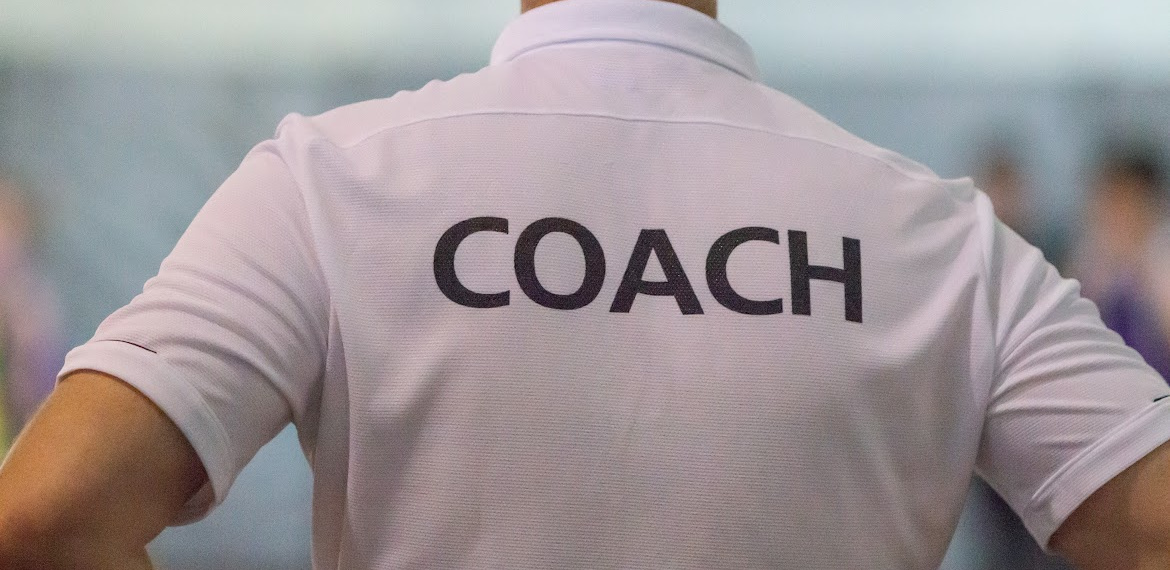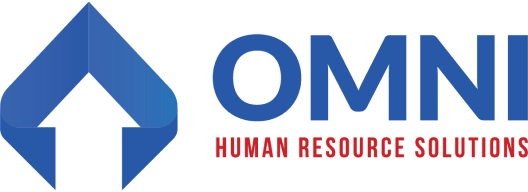
Professional athletes know that no matter how well things are going, change happens, and they will need help getting back on track. That’s why Tiger Woods, Hank Aaron, and Peyton Manning had coaches. If you’re a leader, you need one too. In this post, OMNI Senior Consultant Roger Dusing, PhD, explains how an executive coach can strengthen you as a leader. (Image from Shutterstock)
Wondering if you need an executive coach? Let’s think about it this way:
- Are you an experienced manager or leader?
- Is your organization consistently successful?
- Are you surrounded only by the best and the brightest employees who are fully dedicated to the success of your organization?
- Do you often look objectively at how you lead, and adapt your style to new situations?
- Are you forward-looking and able to see trends before they happen?
- Do you consistently give your team feedback that helps them improve their performance?
If so, you’re probably in pretty good shape and working with you would be a waste of a coach’s time.
Okay, pardon my sarcasm. The short answer is yes, you need a coach. Name one professional athlete who is at the top of their game and is not working with a coach. You can’t because they get it. No matter how well that athlete is performing, they know they can be better. They also know that no matter how well it’s going now, things will change, and they’ll need help getting back on track. If Tiger Woods, Hank Aaron, and Peyton Manning had coaches, you need one too.
An executive coach can help you:
- Evaluate how you are approaching a problem and suggest possible alternatives.
- Help you evaluate your team and provide a level of objectivity in determining who is great, who needs improvement, and who might need to be replaced.
- Examine your style and help you see how you may be impeding your organization’s success.
- Help you improve interactions between members of your team and strengthen their teamwork.
- Give you feedback on how to communicate major events or news.
And maybe most importantly, an executive coach can simply be someone who will listen, so you can talk about your organization. The coach is not part of the organization and will know how to handle confidentiality. A coach is not a therapist, but similarly, is someone with whom you can share your fears and concerns and, if you need it, who can give you advice.
No matter how well your organization is running, or how great a leader your team thinks you are, you can benefit from working with an executive coach. Find someone you can trust and talk with them on a regular basis. And don’t forget to listen to what they have to say. Contact me to learn more about how an executive coach can strengthen you as a leader.

Roger Dusing, PhD, is a Senior Consultant and the Higher Education Practice Leader at OMNI. He previously served as Chief Human Resource Officer at Park University for eleven years. With over 40 years of HR experience, including 30 years in C-suite level roles, he looks forward to reflecting his passion for higher education in his work to bring affordable, high-quality HR services to small- to medium-sized colleges and universities.
Roger holds a PhD in Business Management, with a concentration in Human Resources from Northcentral University, a Master of Science in Administration from Central Michigan University, and a BS in Industrial Engineering from Bradley University. He also authored the book “I’m Fired?!? A Business Fable About the Challenges of Losing One Job and Finding Another.”

